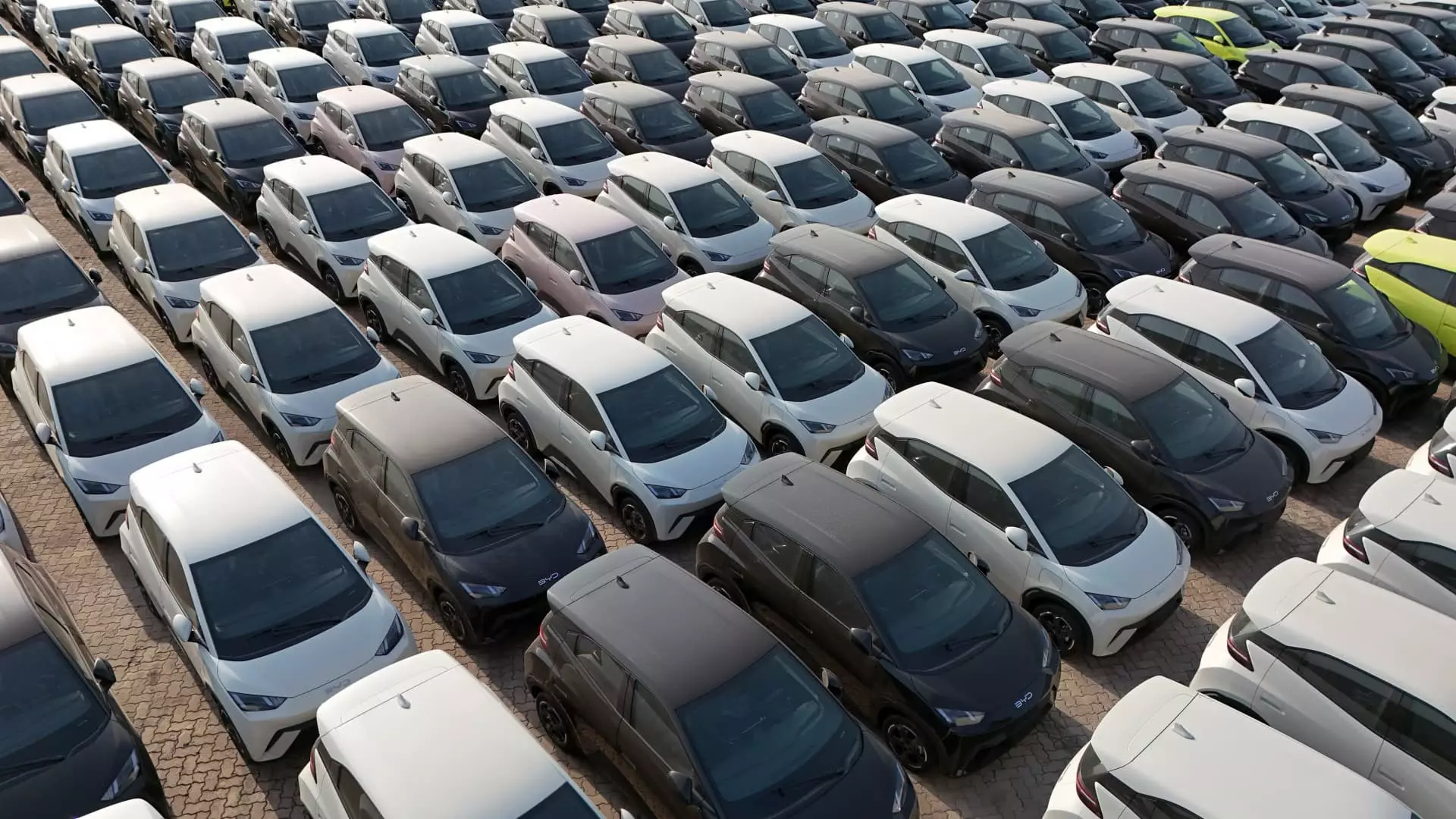The recent decision by the European Union to lower import duties on electric vehicle manufacturers, including Tesla, has sparked a strong reaction from the Chinese government. The Ministry of Commerce has criticized the EU’s probe into China’s subsidies for the electric vehicle industry, accusing the bloc of unfair competition and pre-conceived conclusions. This response signifies China’s determination to protect the interests of its companies in the face of perceived discrimination from the EU.
The European Commission’s move to reduce tariffs on electric vehicle imports from China, while imposing new duties on major players like Tesla, reflects the bloc’s concerns about the impact of China’s subsidies on fair competition in the European market. The decision to set tariffs on Tesla at 9%, lower than the initially projected 20.8%, highlights the EU’s attempt to balance trade relations while addressing market distortions caused by excessive subsidies provided by China.
The Chinese Commerce Ministry’s assertion that it has provided substantial evidence to defend its position on fair competition and regulatory compliance, only to see the EU’s final ruling favoring unilateral perspectives, underscores the existing tensions between the two economic powers. China’s hope for a peaceful resolution and avoidance of escalated trade conflicts with the EU emphasizes the importance of open dialogue and cooperative efforts to address trade disputes and ensure a stable global automotive supply chain.
The EU’s decision to implement tariffs on Chinese electric car manufacturers like BYD, SAIC, and Geely, in addition to Tesla, signals a significant shift in trade dynamics and market regulations. The clash between differing views on fair competition, market practices, and regulatory standards poses a challenge to the stability of the global automotive industry chain. The need for alignment on trade practices, transparency, and mutual recognition of facts is essential to prevent disruptions and ensure the continuation of a reliable and sustainable supply chain.
The ongoing debate surrounding tariffs on electric vehicle imports between China and the EU underscores the complexities of international trade relations and the challenges of ensuring fair competition in a globalized economy. Both parties must engage in constructive dialogue, respect each other’s perspectives, and strive for mutually beneficial solutions to avoid trade frictions and maintain a stable automotive industry. The resolution of these disputes will not only impact the economies of China and the EU but will also have far-reaching consequences for the global trade landscape.


Leave a Reply